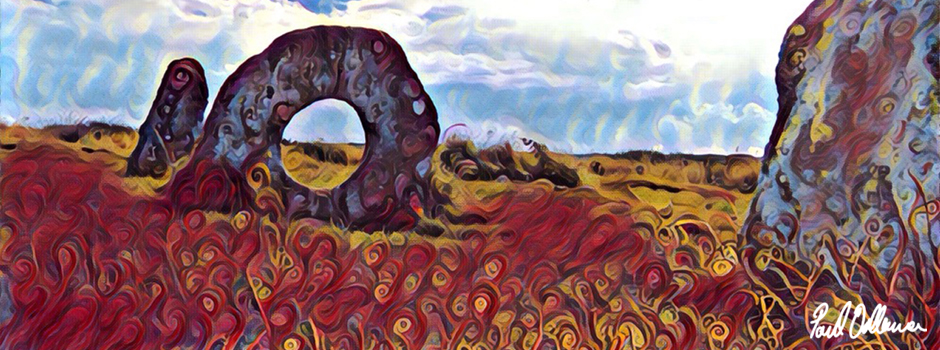In Beyond Good and Evil, Neitzche makes the claim that any and all philosophic theories are simply expressions of their authors underlying individual ‘proclivities’ – mental constructs that are based in the involuntary and unconscious behaviour, and thus of unknown motivation. Why? Because the structure of thought is embedded in our biology, physiology, and society through evolutionary pressure and so the basis of our motivations and preferences are fundamentally beyond our knowledge and awareness. We therefore ‘reveal ourselves to ourselves’ and are ‘phenomena unto ourselves’. As humans we are schooled to view ourselves as individuals with free will. If we step outside of time for a moment what we see is that each individual is in fact the culmination of the survival and successful reproduction of thousands of previous generations. I am therefore ‘in essence’ millions of years old and so are you. We both have access to millions of years of evolutionary pressure and successful ‘selection’, the information of which is beyond our meagre human understanding and awareness, but still is encoded and expressible in our DNA.
If this is the framework from which we as humans conduct philosophical ‘thought’ experiments then it’s safe to assume that such effects also confound the scientific sphere. The interpretation of causality in our experimental results is not the only problem inherent in any act of ‘human behaviour’ ( as obviously the experiment is being designed and conducted by a human). The Experimental paradigm is that we ‘try’ to remove all unknowns and solve for x, like the well trained (Des)Cartesians that we are, but this doesn’t represent anywhere near the reality of the real world. Not only do we have encoded the millions of years of biolgical, sexual and cogital evolutionary pressure we ALSO get the current ENVIRONMENTAL evolutionary pressures of politicisation, anthropomorphism and society rhetoric becoming entangled in our our world view which by its very nature distorts any and all scientific theory.
Maurice Merleau-Ponty rightly states :
Habemus ideam veram, we possess a truth, this experience of truth would only be absolute knowledge if we could thematise all of its motives, that is if we ceased being situated [in the world]
The apparatus with which we interact with the world, and the lens through which we view the world ACTUALLY changes the world. This is evident from quantum physics experiments such as the famous double slit experiment. But why should this be so? If consciousness is the immanent experience of existent things as well as of the self then perhaps at the point at which [the energy field of] consciousness comes into contact with [the structured energy] of matter then at the intersection of such fields matter is at that very moment ‘realised’ into our personal ‘experience’. If this is the case then consciousness, as a form of energy is a fundamental aspect of the universe, present in all matter ( split the wood or look under the stone, and you’ll find me”) but in a transcendant and ‘directed’ form in human consciousness. If consciousness can then only ‘realise in the particular’ when in the material, and matter can only ‘realise’ in the light of consciousness then the definition and purpose of Life is to bring consciousness into the material plane in order to ‘experience’ through the realisation of matter, otherwise neither would exist and simply remain as ‘potentials’. Again we end up describing David Bohm’s implicate order here, just replacing implicate with potential and explicate with reality. We also start moving into transcendant descriptions and return to notions of God, Soul, and Spirit in order to try to fix such ideas into relatable and partially understandable concepts.

